Embodied cognition seems intuitive, but philosophy can push it to some strange places
That our brains exist in the context of a body might seem obvious, but for many thinkers and researchers working at the intersection of neuroscience and philosophy, this notion has become increasingly vital to understanding the human mind. The body and, crucially, movement give the brain access to our physical environments so that we can navigate the outside world. In this way, the brain and the body are partnered – one is essential to the other, and each informs the other. This framing is central to what’s known as ‘embodied cognition’, a concept with intellectual roots dating back to the early 20th century. This radical and relatively recent approach to cognition emphasises the importance of the body and rejects the once-common view of the brain as the body’s sole director. In this interview with Serious Science, Karl Friston, a neuroscientist at University College London, explores the ‘different flavours’ – some common sense, others controversial – tethered together by the idea of embodied cognition, as well as their implications for the field of neurophilosophy, and beyond.
Video by Serious Science
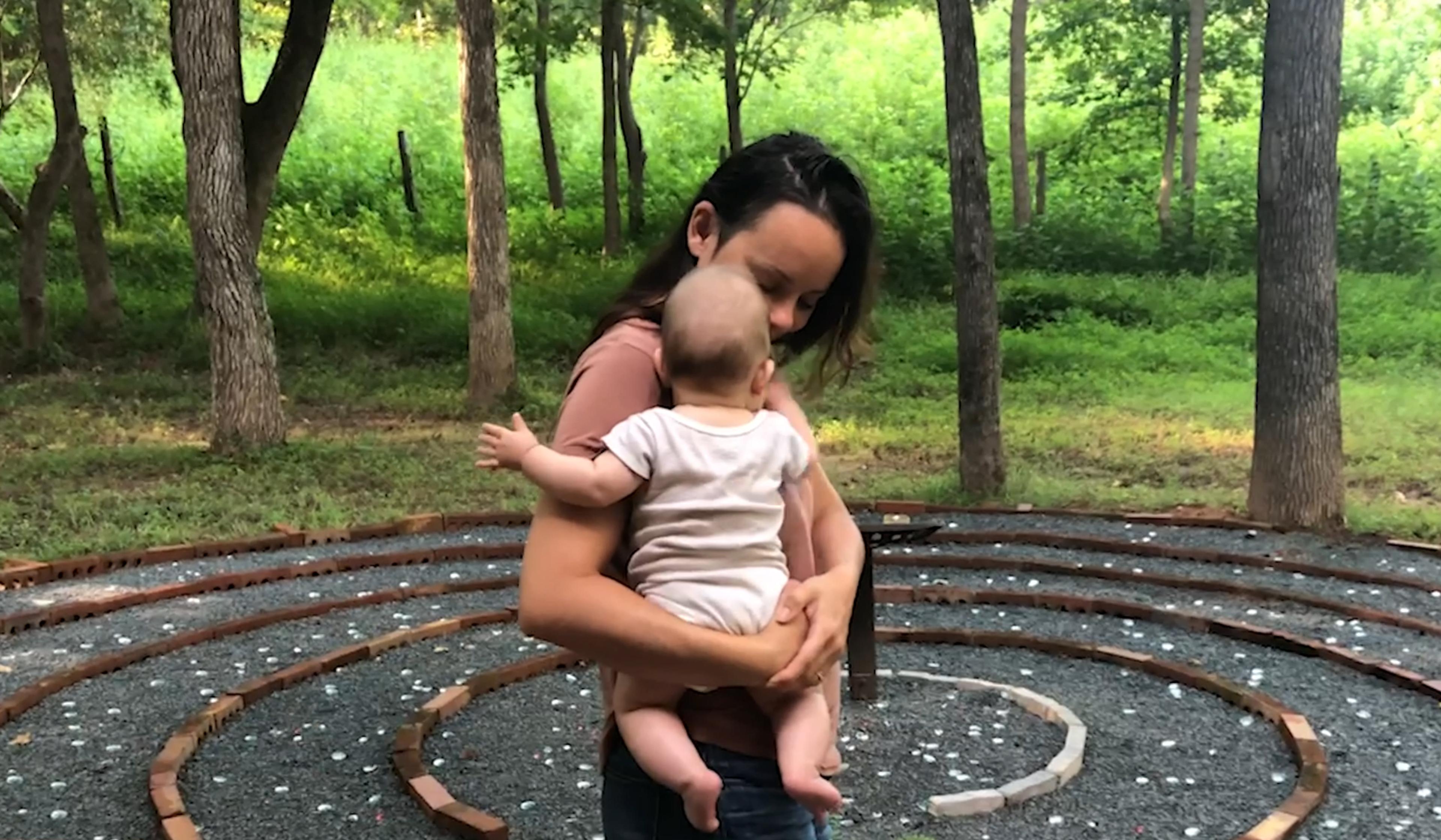
video
Biography and memoir
As her world unravels, Pilar wonders at the ‘sacred geometry’ that gives it structure
20 minutes
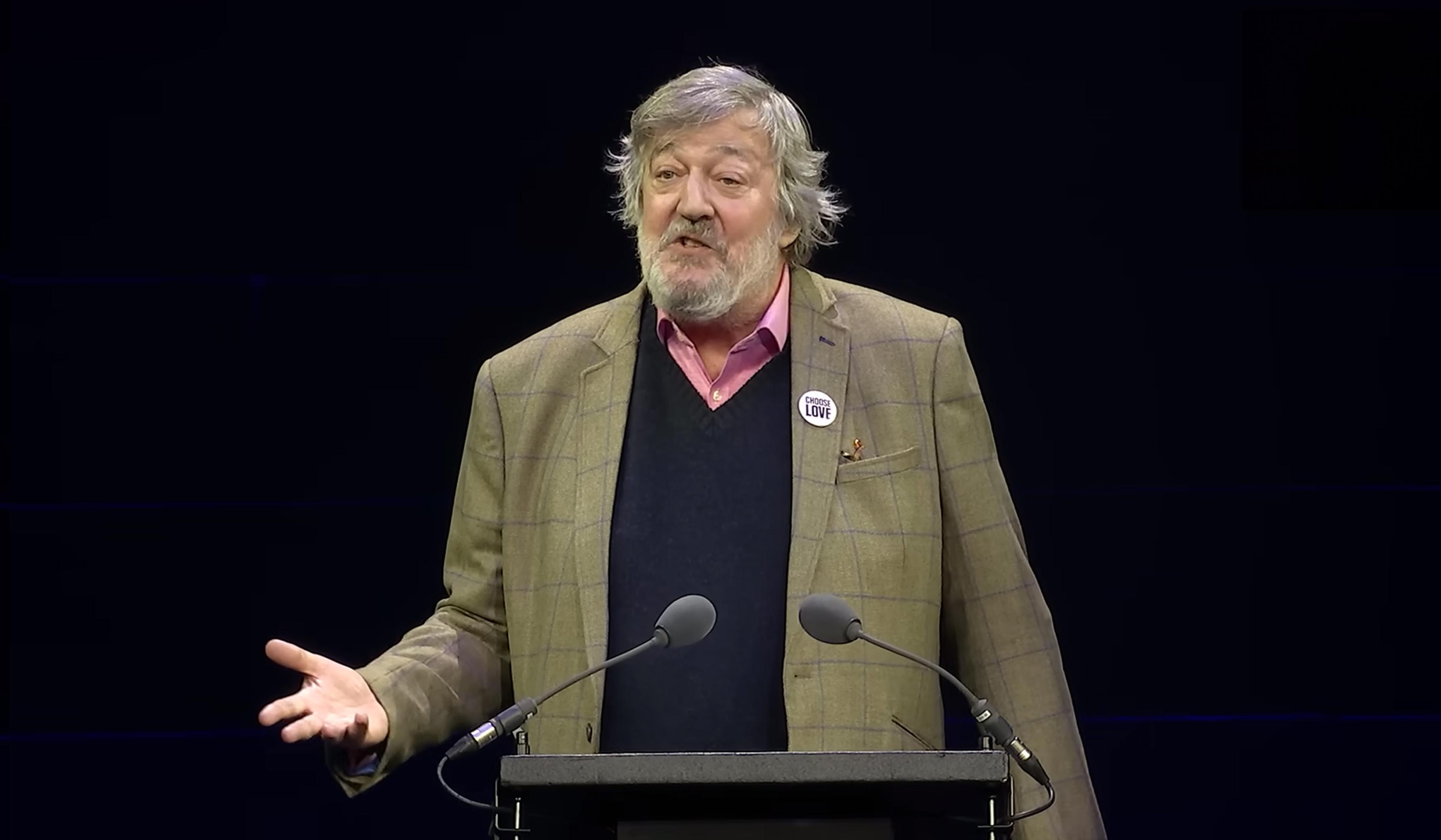
video
Meaning and the good life
Why strive? Stephen Fry reads Nick Cave’s letter on the threat of computed creativity
5 minutes
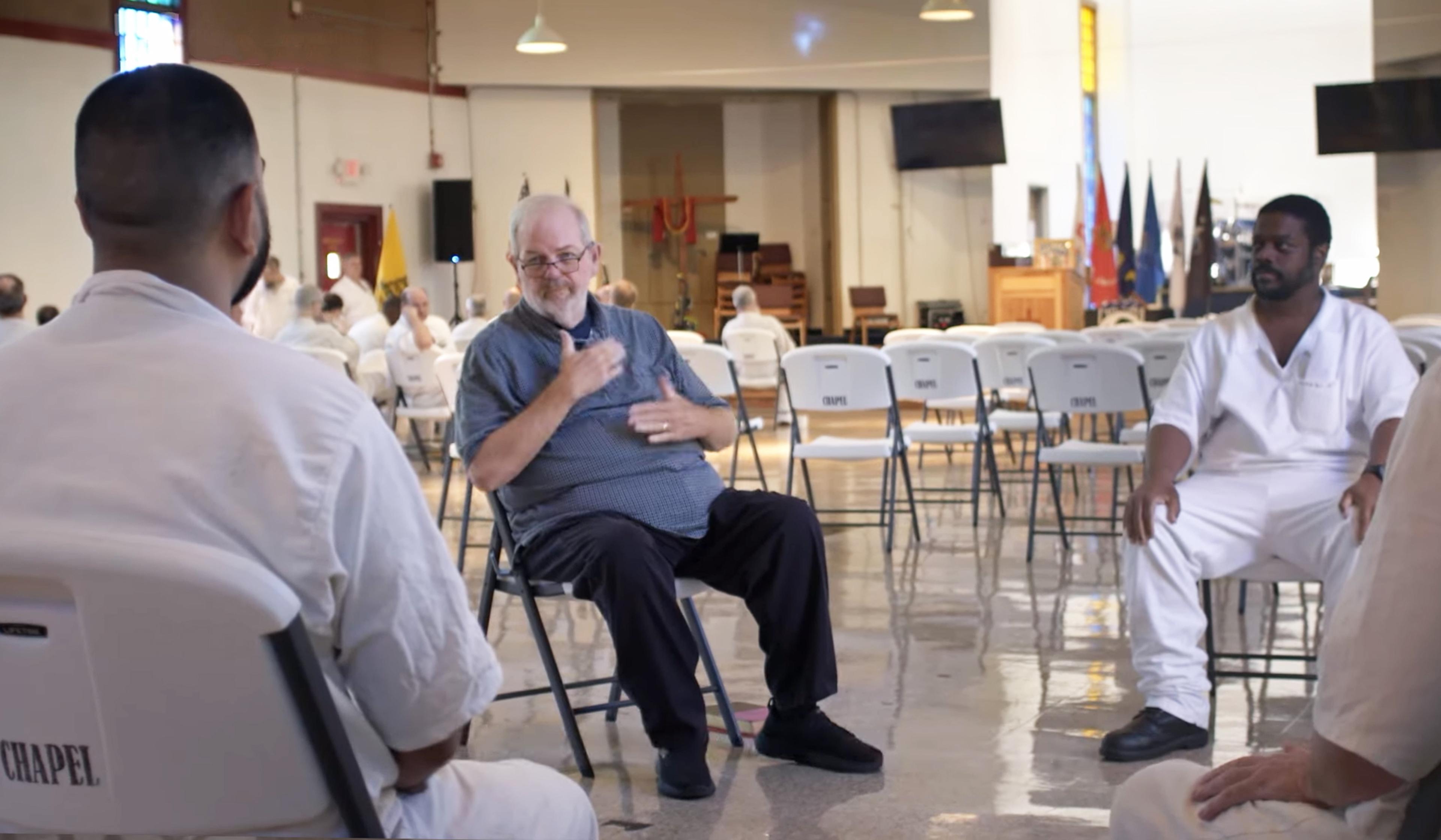
video
Human rights and justice
‘I know that change is possible’ – a Deaf prison chaplain’s gospel of hope
18 minutes

video
Technology and the self
An artist swaps her head with everyday objects in a musing on consumerism
4 minutes

video
Art
The overlooked polymath whose theatrical oeuvre made all of Rome a stage
30 minutes
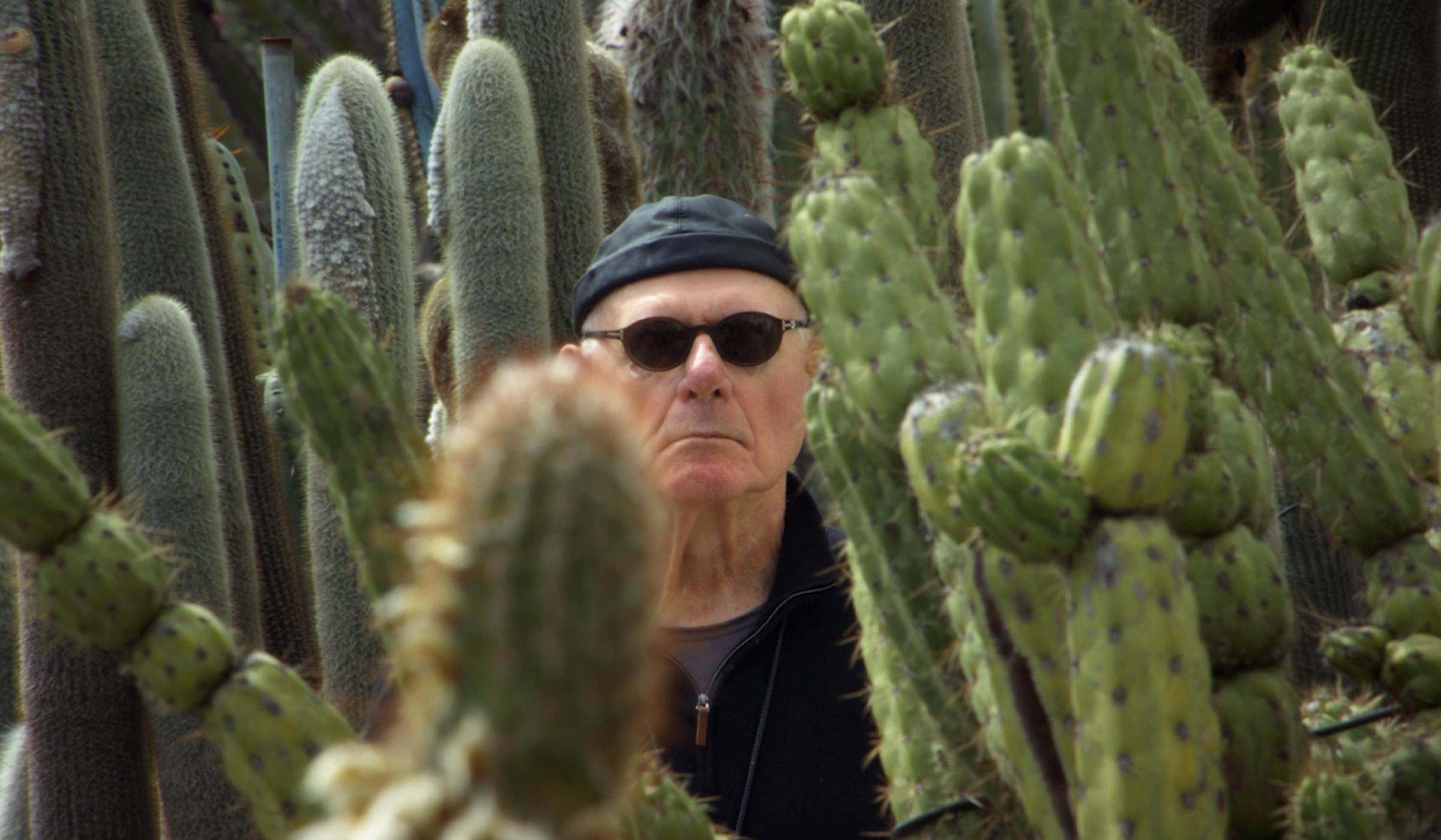
video
Beauty and aesthetics
The grit of cacti and the drumbeat of time shape a sculptor’s life philosophy
11 minutes
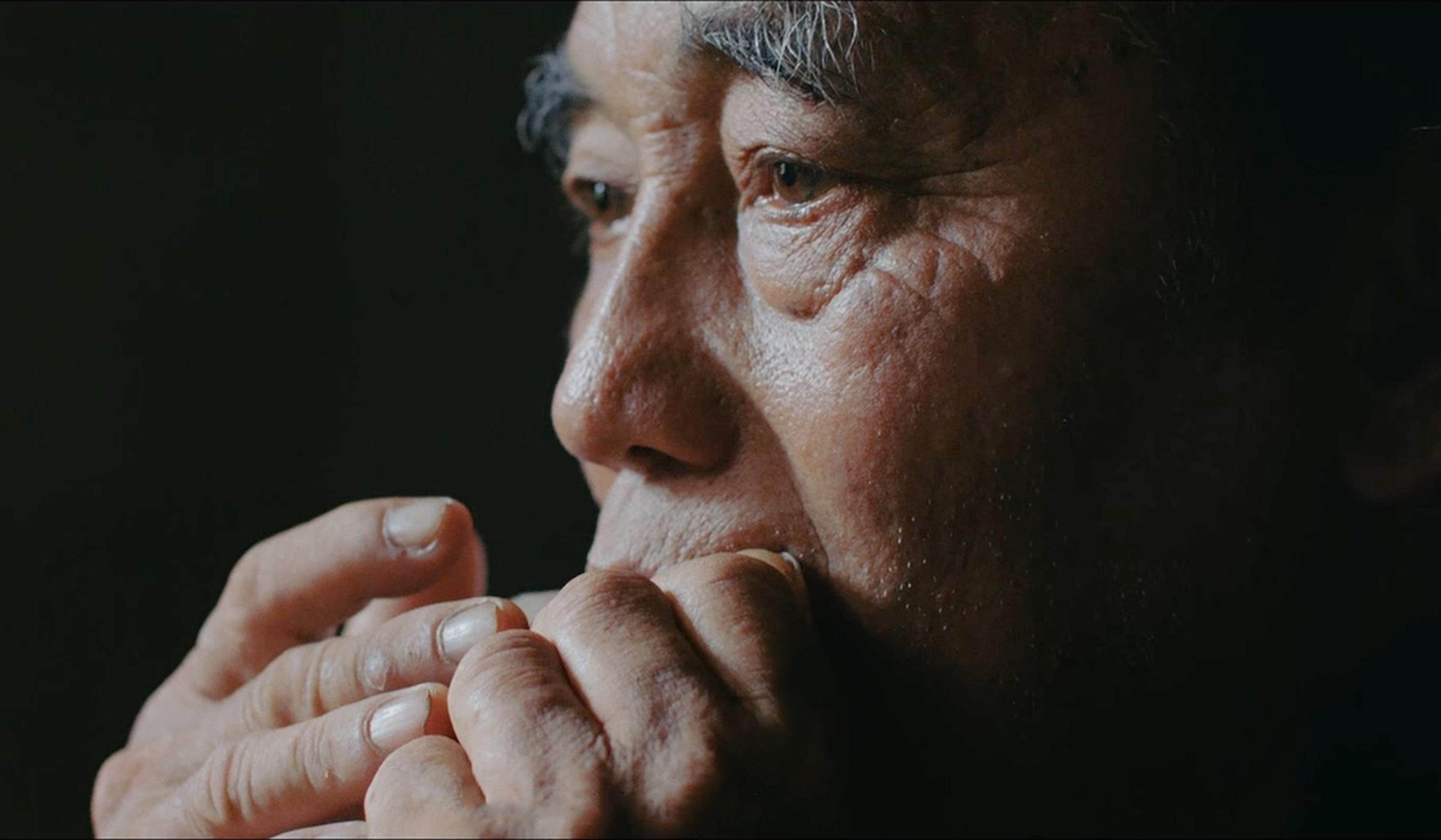
video
Language and linguistics
Messages born of melody – hear the whistled language of the Hmong people
18 minutes

video
Film and visual culture
Stop-motion origami unfurls in a playful exploration of how senses overlap
3 minutes
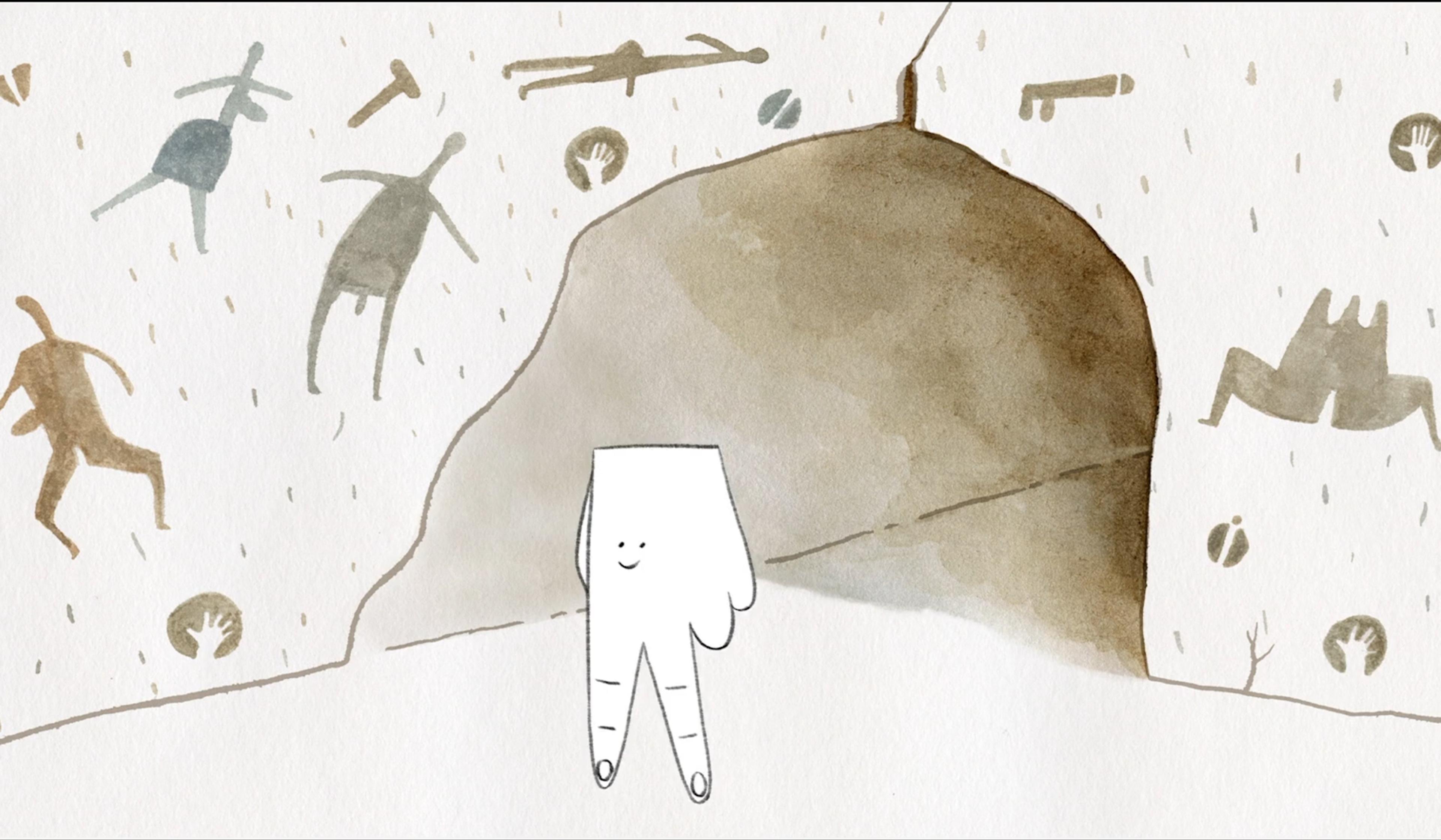
video
Sex and sexuality
For ages, solo sex was hardly taboo. What led to its centuries-long dry spell?
4 minutes